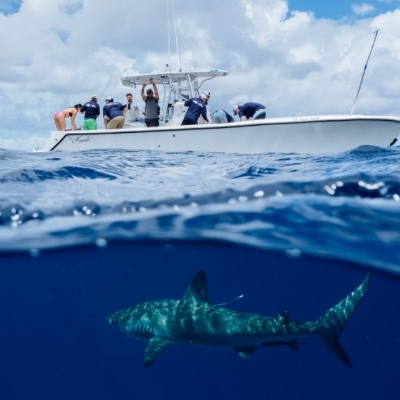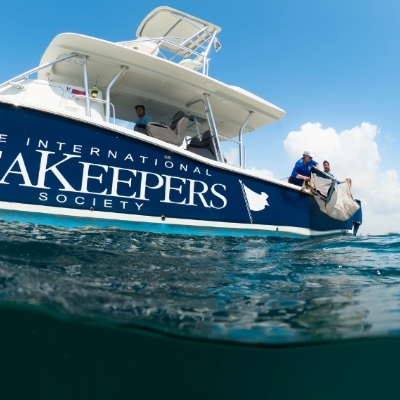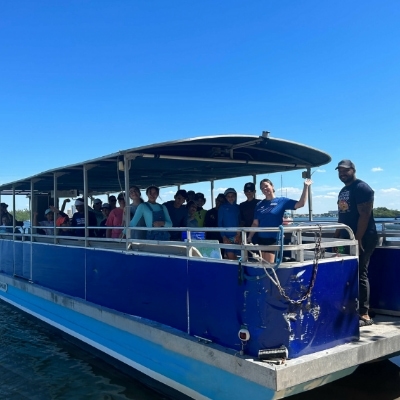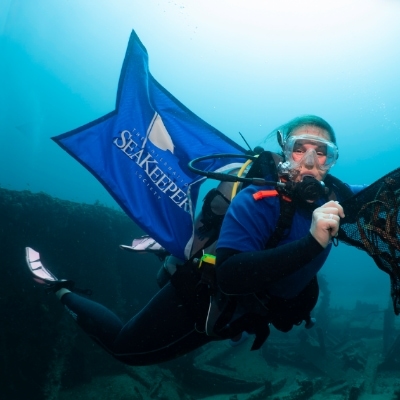Background:
For the first time, researchers from the Whales and Climate Program, led by Dr. Olaf Meynecke, are conducting simultaneous acoustic monitoring along multiple sections of Australia’s east coast. This groundbreaking project is vital as human activities in the ocean—such as offshore wind farms, gas and oil exploration, deep-sea mining, shipping, and fishing—continue to increase.
In the past, similar research was limited to short-term studies or incomplete due to access restrictions. By listening to whale songs and calls, the team can track changes in migration routes and identify critical habitats. Whales act as sentinels of ocean health, offering valuable insights into how marine environments are changing.
For example, humpback whales migrate vast distances, from polar feeding grounds to tropical breeding areas, adapting to a variety of environmental conditions. Their ability to change feeding, migration and breeding areas provides a unique glimpse into how ocean life responds to shifting conditions. Studying these remarkable creatures helps researchers better understand the challenges facing our oceans—and how to address them.
Mission:
Objectives
Researchers aim to enhance marine biodiversity mapping along Australia’s coastline. This project supports the United Nations Sustainable Development Goals (SDG) 13 and 14 by using advanced bioacoustic monitoring to protect marine wildlife and ecosystems. The team is deploying a variety of hydrophones to capture underwater sounds at key locations. This includes standard long-term hydrophones for continuous data collection, as well as smaller hydrophones designed to empower citizen scientists to contribute to the research. All data collected will be analyzed using cutting-edge AI technology, supported by Google, to identify and interpret patterns in marine soundscapes.
Research Impacts & Applications:
This research aims to inform future marine mammal protection, and all data will be publicly available for scientific use.
Program Partners:
Relevant Scientific Publications:
Get Involved
If you’re interested in learning more about this specific program opportunity, please reach out to our team below
to find out more about this program or get involved in other opportunities with SeaKeepers.
Explore More Opportunities

At-Sea Opportunities
Browse other research opportunities around the world to support oceanographic research through our other branches of programming.

Citizen Science Opportunities
Browse other citizen science opportunities around the world to support scientists in their research.

Education Opportunities
Browse education opportunities in South Florida, the United Kingdom and the South Pacific to support educational outreach for students.

Community Opportunities
Browse community engagement opportunities in South Florida, the United Kingdom and the South Pacific to support local social responsibility and policy change.
